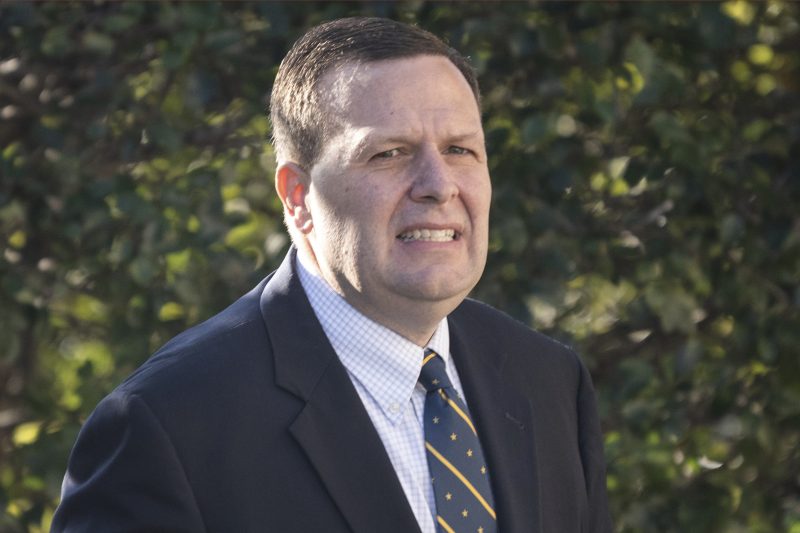
Supreme Court’s Decision Shakes Up Anti-Corruption Laws in Indiana
The recent Supreme Court ruling on the case involving an Indiana Mayor has ignited debates and discussions about the implications of weakening corruption laws in the United States. The decision, which overturned the conviction of the mayor on corruption charges, has raised concerns about the ability of law enforcement to hold public officials accountable for their actions.
One of the key arguments put forth by the Supreme Court in its ruling was the distinction between traditional forms of corruption, such as bribery and kickbacks, and other forms of political favoritism. The Court highlighted the importance of proving a clear quid pro quo arrangement in corruption cases, stating that not all forms of political favoritism necessarily amount to criminal conduct.
This interpretation of corruption laws has been met with mixed reactions from legal experts and public officials. While some argue that a stricter approach to defining corruption is essential to protect the integrity of government institutions, others believe that the ruling was a step in the right direction towards ensuring a fair and just legal system.
However, critics of the Supreme Court ruling have expressed concerns that the decision could set a dangerous precedent and make it more challenging to prosecute corrupt public officials in the future. They argue that by narrowing the scope of what constitutes corruption, the ruling may make it easier for individuals in positions of power to engage in unethical behavior without facing consequences.
In light of this ruling, it is crucial for lawmakers and law enforcement agencies to carefully consider the implications of weakening corruption laws. Transparency and accountability are fundamental principles of a functioning democracy, and any measures that undermine these principles must be scrutinized and challenged.
Moving forward, it may be necessary for legislators to revisit existing corruption laws and ensure that they are robust enough to address the evolving forms of corruption in the modern political landscape. By upholding high ethical standards and holding public officials accountable for their actions, we can help uphold the public trust and strengthen our democratic institutions.
